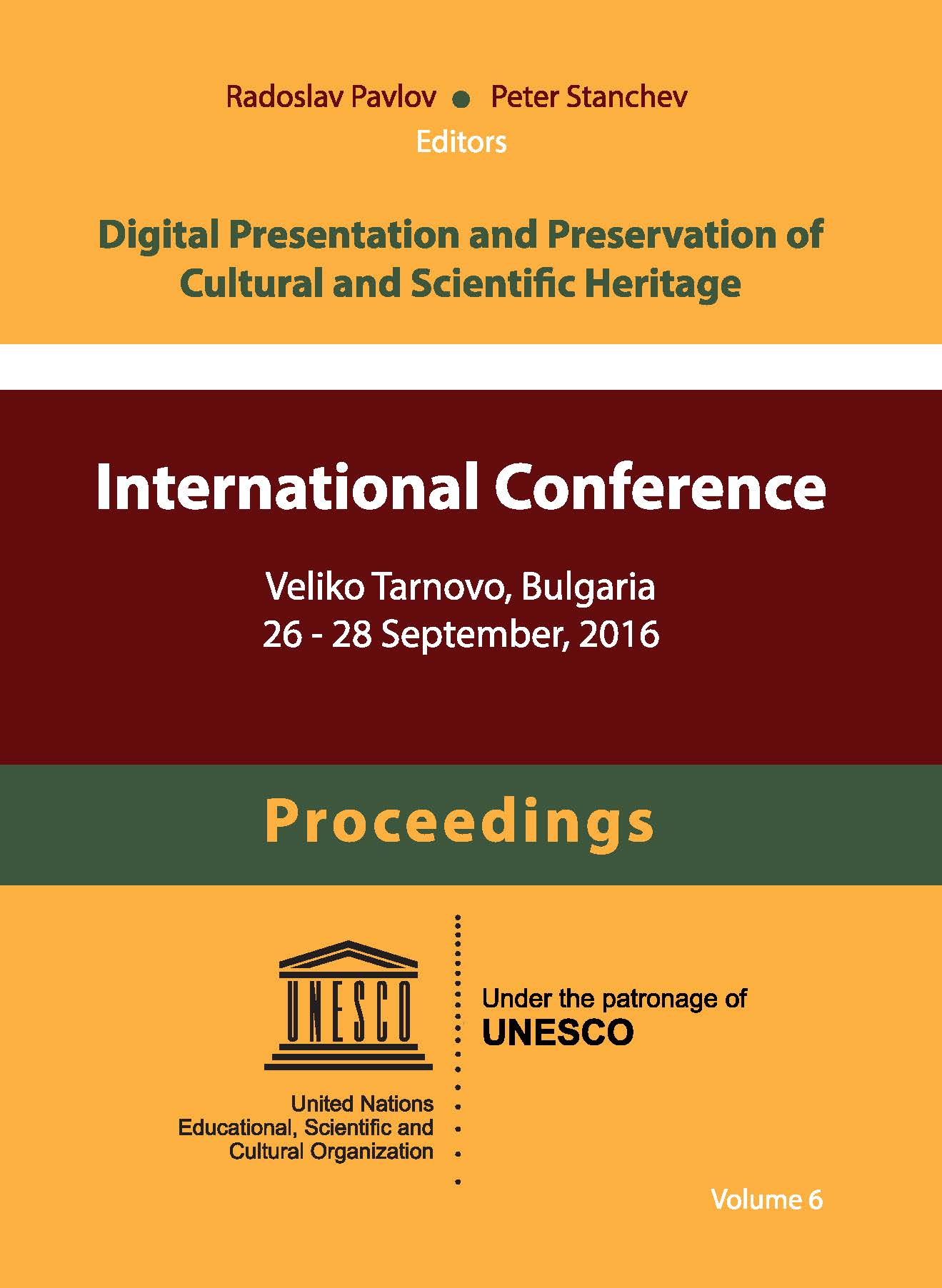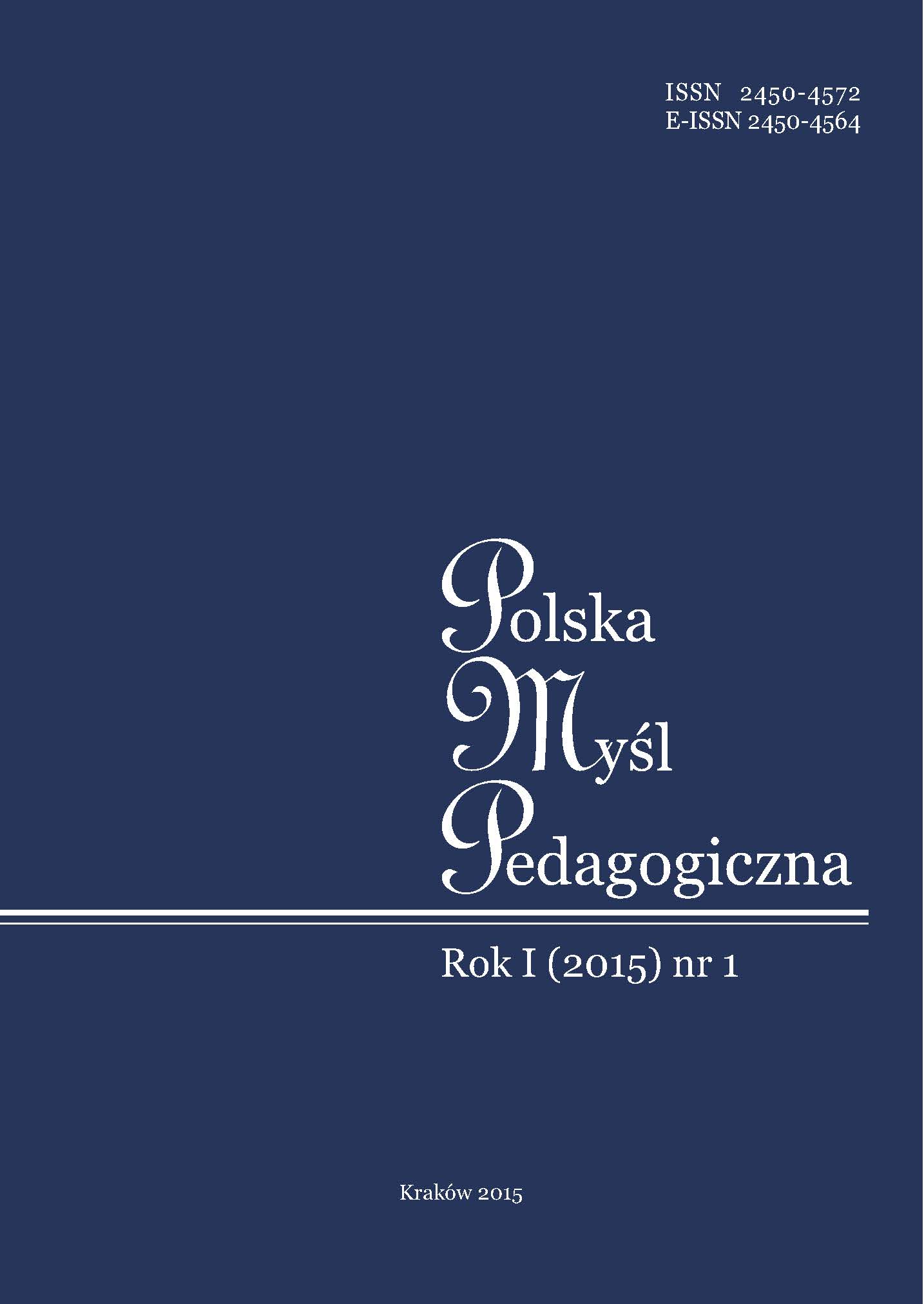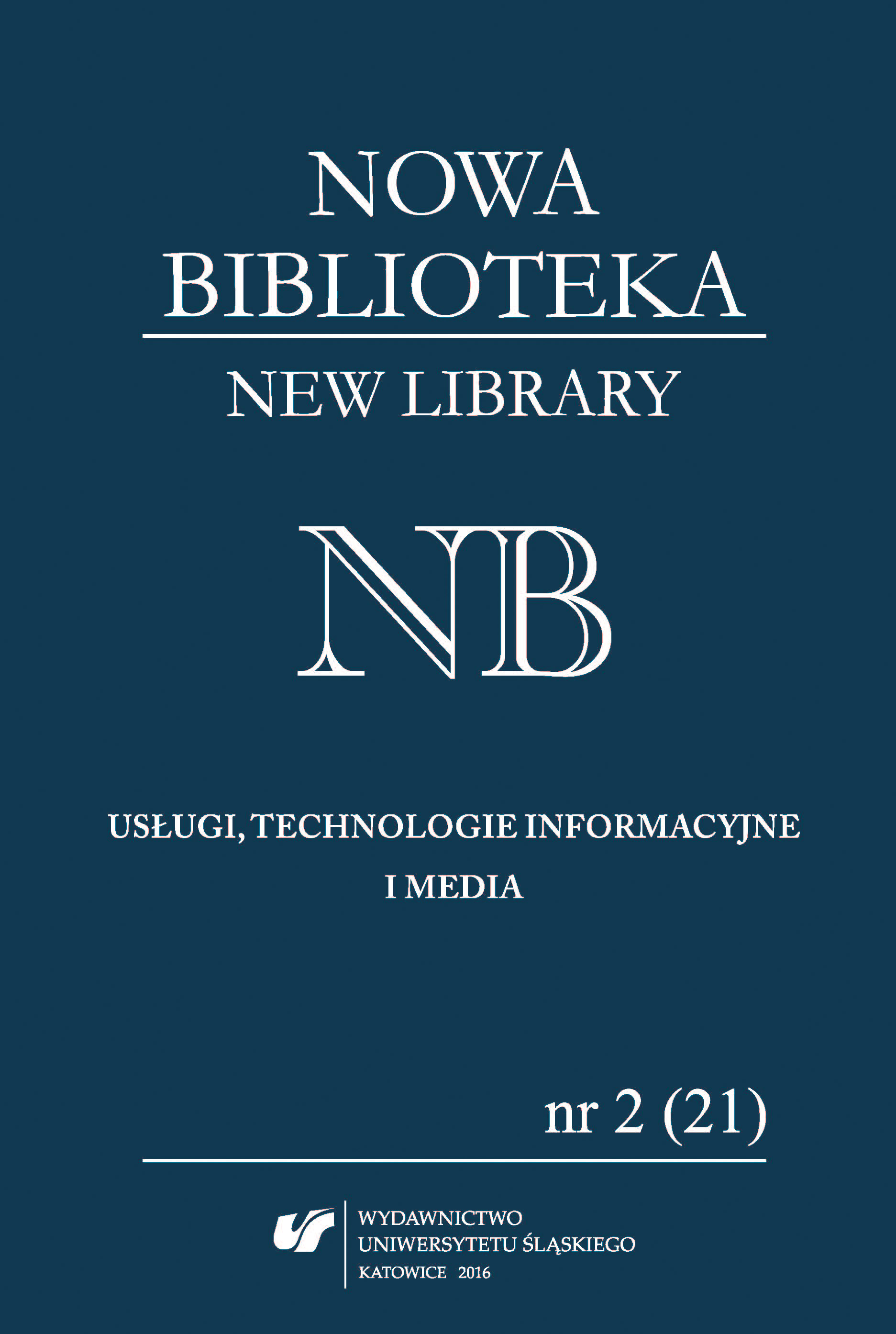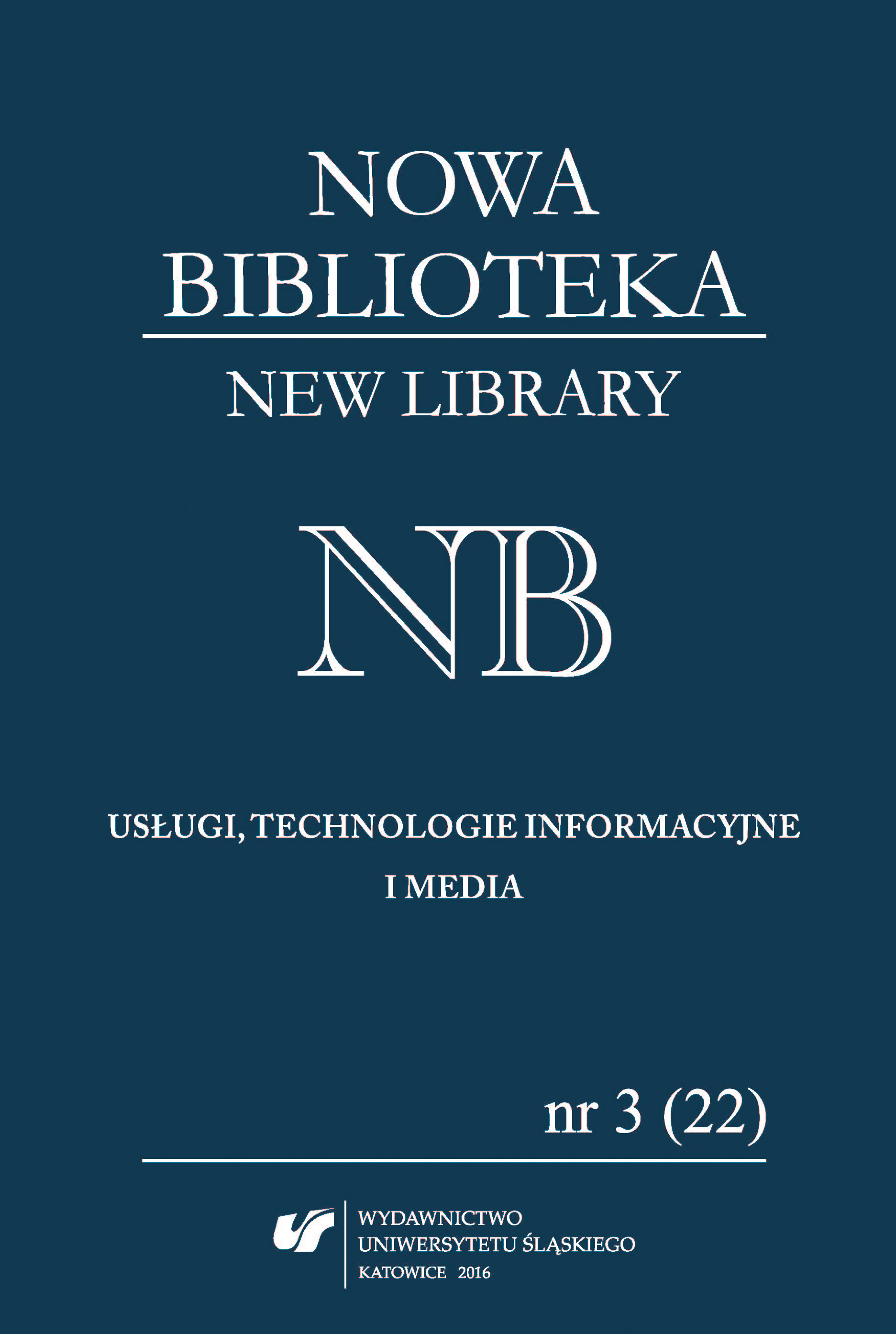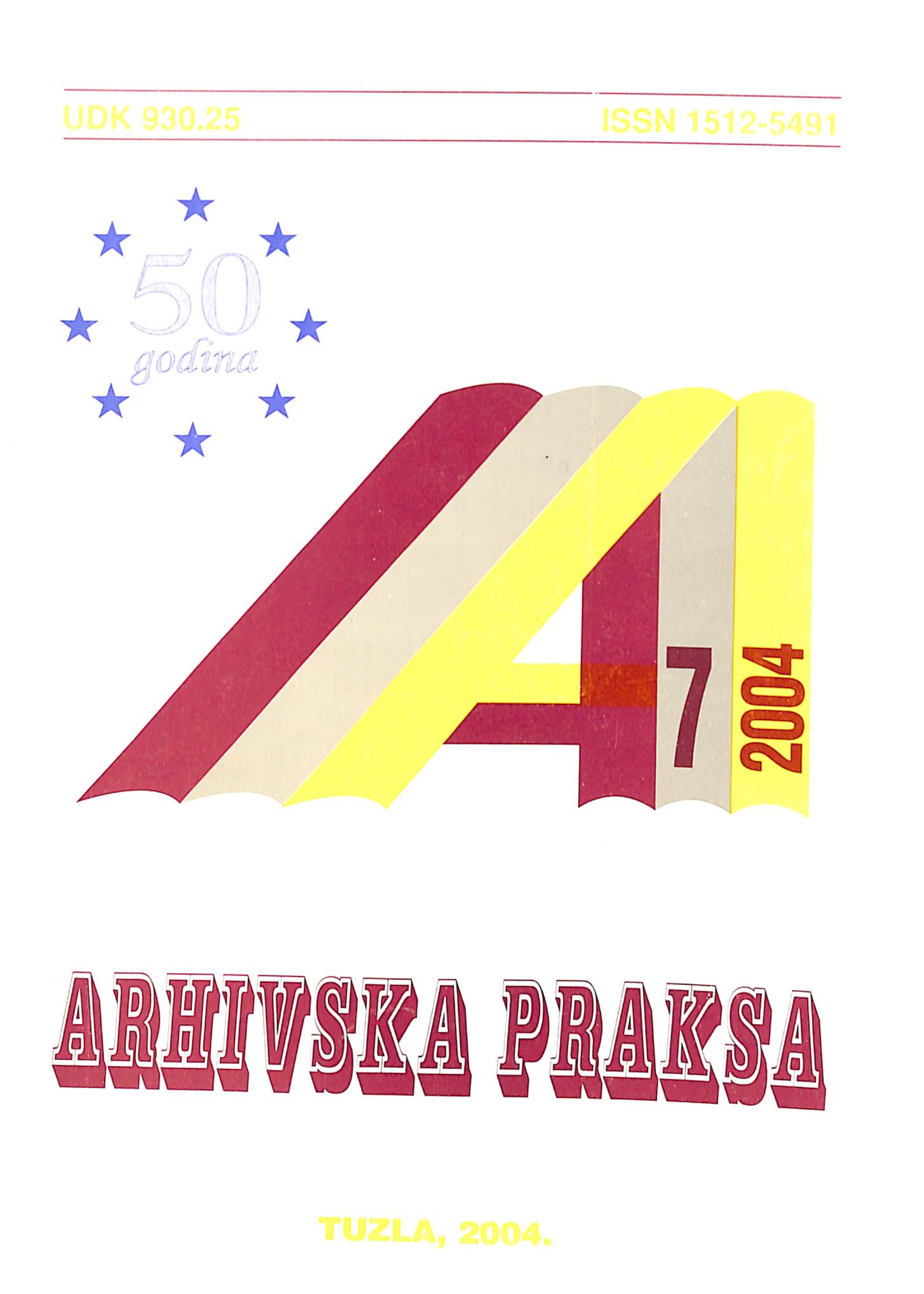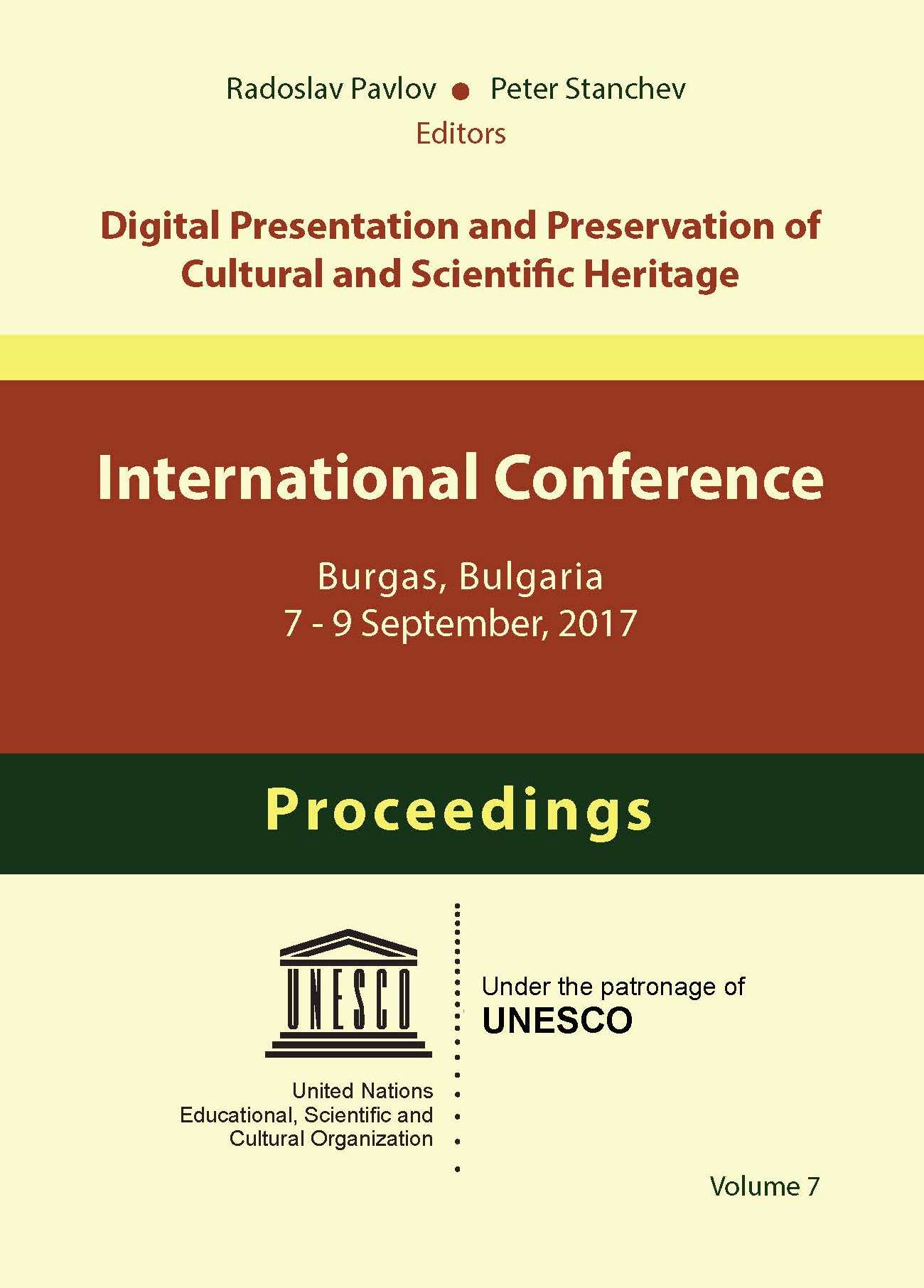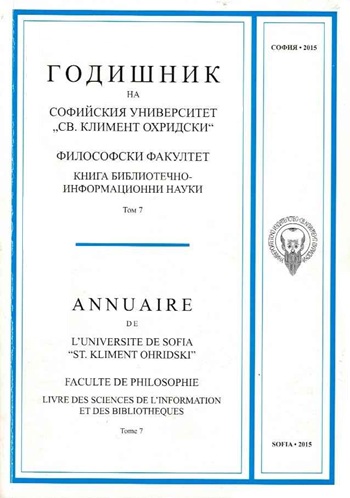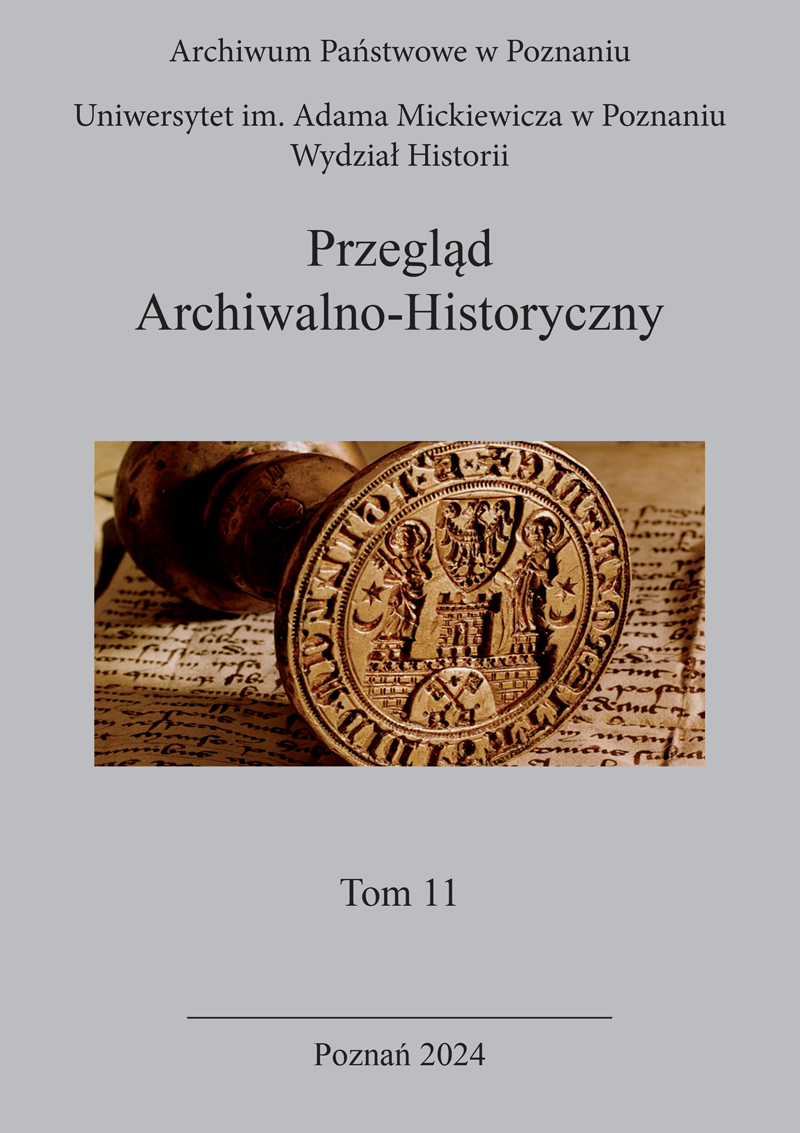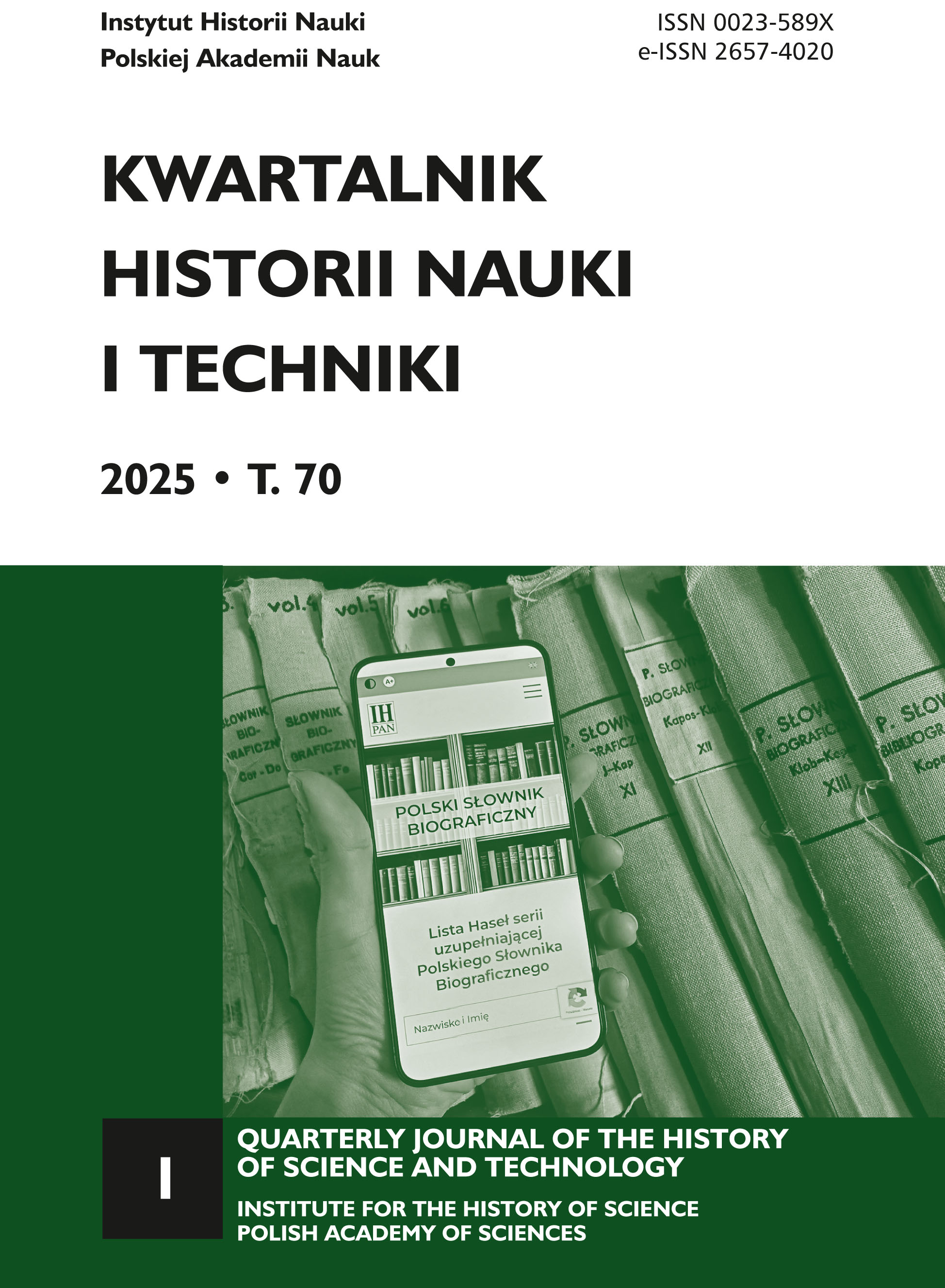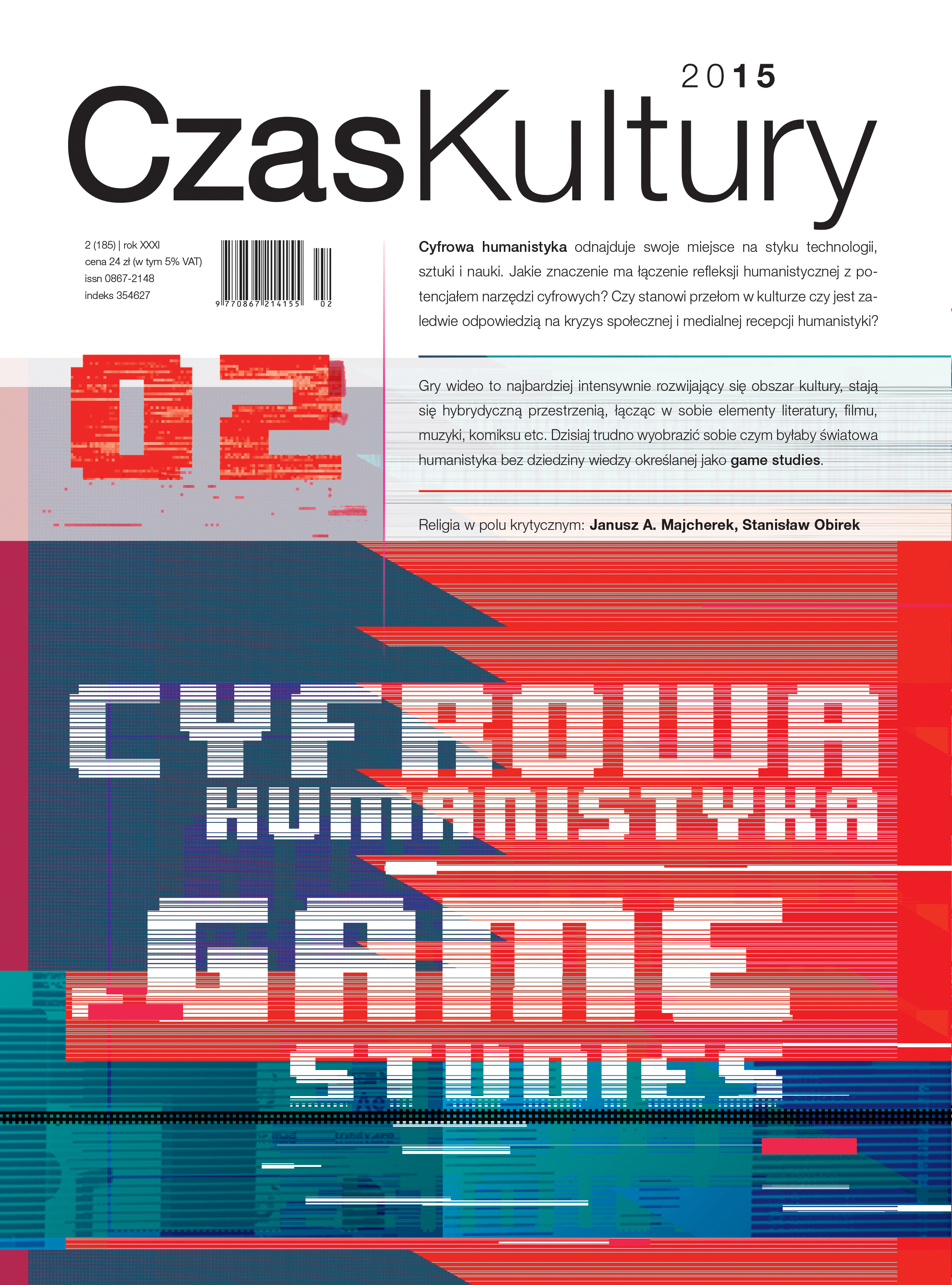
Kto się boi Wikipedii?
According to the opponents of Wikipedia it offers low-quality content and has led to a reduction in the level of literacy. However, studies show that Wikipedia is not inferior to Encyclopedia Britannica in terms of its substantive value, and in terms of content offers a much wider range. Meanwhile, Wikipedia outclasses Britannica in terms of social and geographical coverage because it can be accessed by those who never had a chance to touch a volume of Britannica. In a later section, we discuss the basic principles of the functioning of Wikipedia and its consequences, as well as problems, such as the high competencies necessary to properly use Wikipedia, the declining number of editors, the site’s gender gap and its geographical imbalance.
More...
